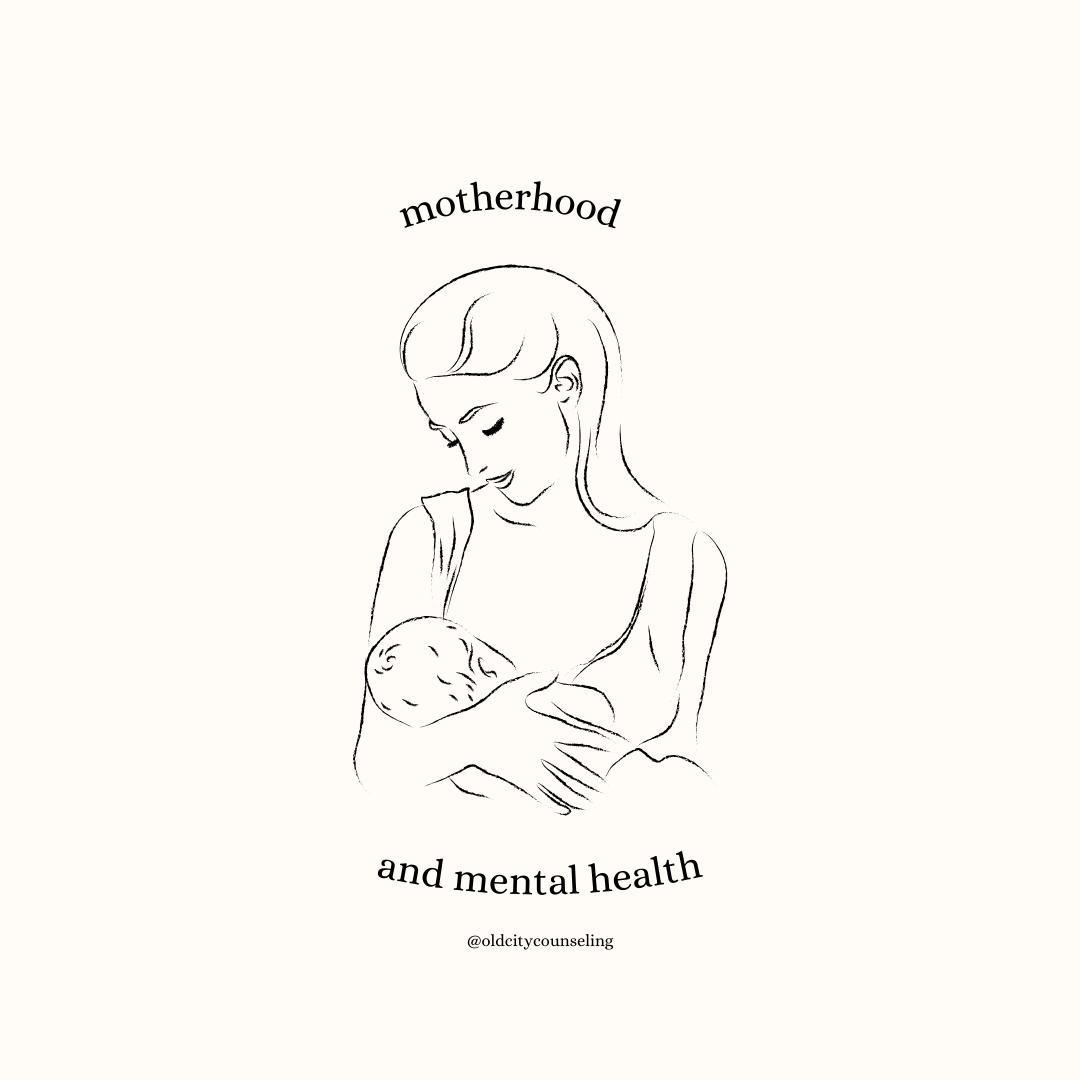
Motherhood is a beautiful journey, filled with love, joy, and countless cherished moments. However, it also comes with its fair share of challenges that can impact a mother’s mental health. Balancing the demands of parenting while taking care of one's own emotional and mental well-being is crucial for both the mother and her family.
The arrival of a baby brings immense happiness, but it also marks the beginning of significant changes in a mother’s life. Sleepless nights, feeding schedules, and the constant care required by a newborn can be overwhelming. The pressure to be the perfect mom, compounded by societal expectations, can add to the stress.
It's essential to recognize the signs of mental strain. Feelings of anxiety, persistent sadness, irritability, and a sense of being overwhelmed are common among new mothers. Postpartum depression (PPD) affects many women, but it's often underreported due to the stigma surrounding mental health issues.
Strategies for Maintaining Mental Health
Seek Support: Don’t hesitate to reach out to family, friends, or support groups.
Prioritize Self-Care: Take time for yourself, even if it's just a few minutes a day.
Set Realistic Expectations: It’s okay not to have everything under control.
Professional Help: If you’re struggling to cope, consider seeking help from a mental health professional.
Family members and friends play a vital role in supporting new mothers. Offering help with household chores, babysitting, or simply being there to listen can make a significant difference. A supportive environment fosters positive mental health and allows mothers to thrive in their new roles.
Motherhood is a rewarding yet demanding journey. Prioritizing mental health is essential for ensuring a healthy and fulfilling experience for both the mother and her child. By acknowledging the challenges and seeking support, mothers can embrace the joys of parenting while maintaining their well-being.
